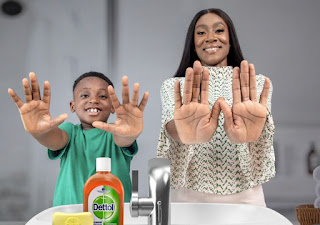Knowing how to maintain good personal hygiene can make it easier to build a good routine. Good personal hygiene involves keeping all parts of the external body clean and healthy. It is important for maintaining both physical and mental health.
In people with poor personal hygiene, the body provides an ideal environment for germs to grow, leaving it vulnerable to infection.
On social level, people may avoid a person with poor personal hygiene, which may result in isolation and loneliness. A person should have some basic knowledge of the following types of hygiene.
TYPES OF PERSONAL HYGIENE
There are many types of personal hygiene, and the following are a good list for someone looking to build a personal hygiene routine.
DENTAL
It involves more than having just a white tooth. A good dental hygiene routine can help prevent issues such as gum disease and cavities. It can also help prevent bad breath.
For a healthy mouth and smile, we recommend you brush your teeth at least twice a day. Once before breakfast and once before bed.
BODY
Several million sweat glands cover the human body. When bacteria break down sweat, the process creates a smell or body odor.
Washing the body will help prevent skin irritation, as well as removing the bacteria that cause body odor. Washing the hair removes oil and keeps a person looking clean and fresh.
It is advisable to shower or bath daily using soap and water to rinse away dead skin cell, oil and bacteria. People can pay special attention to areas that accumulate more sweat such as the armpits, in between the toes and the groin area.
Applying deodorant when fully dry can help prevent body odors.
HAND WASHING
Regular hand washing is one of the best ways to avoid spreading communicable diseases. Recommend washing the hands at certain times:
- before, during and after preparing food.
- before eating.
- before and after looking after anyone who is vomiting or has diarrhea.
- before and after treating a cut or wound.
- after going to the bathroom.
- after blowing the nose, coughing or sneezing.
- after touching garbage or dirty surfaces or objects.
NAILS
Fingernails may harbor dirt germs contributing to the spread of bacteria. It is easier for dirt and germs to collect under longer nails, so keeping them short can help reduce the risk of spreading infections.
Using sanitized tools to trim the nails and keep them short is one of the best ways to ensure that no dirt can collect underneath them.













0 Comments